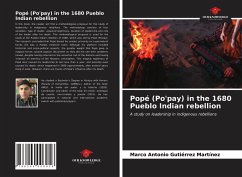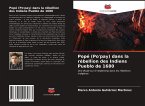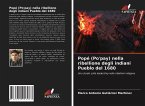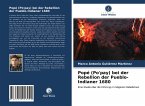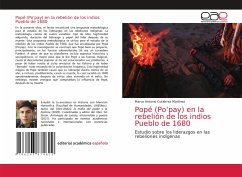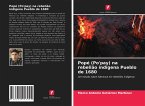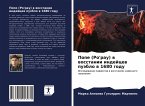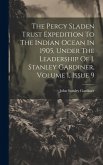In this book, the reader will find a methodological proposal for the study of leadership in indigenous rebellions. The methodology consists of four variables: type of leader, acquired legitimacy, duration of leadership and role of the leader after his death. This methodological proposal is used for the study of the Pueblo Indian rebellion of 1680, which was led by Popé (Po'pay). The research concluded that Popé based his project primarily on supernatural forces (he was a Pueblo medicine man). Although his platform included historical and socio-political aspects, the greater weight that Popé gave to magical forces caused popular discontent as they did not see their problems solved, despite having returned to the ancestral cult of the Katsina and having "erased" all memory of the Hispanic colonization. This magical legitimacy of Popé also caused his leadership to last less than a year, and possibly even caused his death, which happened in 1690 approximately, after several years living in exile. However, there are traces of Popé's influence after his death.
Bitte wählen Sie Ihr Anliegen aus.
Rechnungen
Retourenschein anfordern
Bestellstatus
Storno

